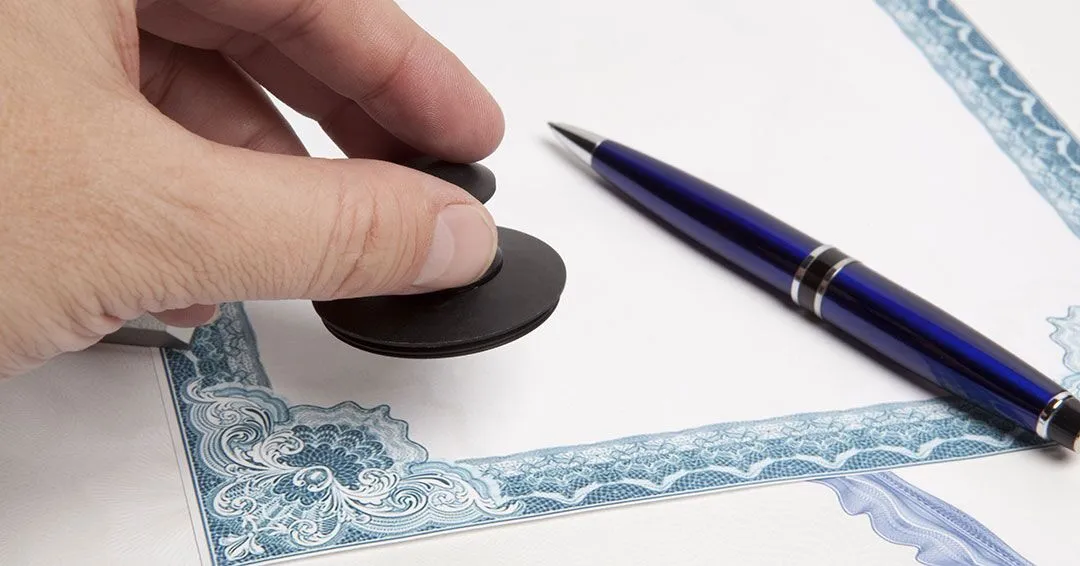Translation and legalization in Thailand are essential for foreigners and businesses when dealing with legal documents, immigration procedures, business registration, and court proceedings. Legalization ensures that foreign documents are officially recognized in Thailand and can be used for legal or administrative purposes. This process involves certified translation and authentication by relevant Thai authorities.
1. Key Reasons for Translation and Legalization
1.1 Immigration and Visa Applications
- Marriage certificates, birth certificates, police clearance certificates, and bank statements often require certified Thai translation for visa and residency applications.
1.2 Business and Corporate Use
- Company registration documents, contracts, and financial statements must be translated and legalized when submitted to government authorities or business partners.
- Licensing and regulatory compliance may also require official translations.
1.3 Education and Professional Accreditation
- Foreigners seeking education or professional accreditation in Thailand may need transcripts, diplomas, or certificates translated and legalized.
1.4 Legal and Court Proceedings
- Court submissions and legal cases involving foreign nationals require certified translations of key documents, such as witness statements, evidence, and contracts.
2. Translation Process in Thailand
- Document Preparation: Gather the original documents for translation.
- Certified Translation: Translation must be done by a licensed translator or an agency accredited by the Ministry of Foreign Affairs (MFA).
- Proofreading and Certification: Ensure the accuracy of the translation and certify it as a true copy.
Common Types of Certified Translations
- Personal documents: Birth, marriage, divorce certificates
- Business documents: Contracts, registration certificates, financial reports
- Legal documents: Court judgments, powers of attorney
3. Legalization Process
Legalization involves authentication and certification of foreign documents to make them legally valid in Thailand.
Step 1: Certification by the Country of Origin
- Documents must first be certified by the appropriate authority in the originating country (e.g., the Department of State or Ministry of Foreign Affairs).
Step 2: Thai Embassy or Consulate Authentication
- The documents are authenticated by the Thai embassy or consulate in the country of origin.
Step 3: Legalization at the Ministry of Foreign Affairs (MFA) in Thailand
- Upon arrival in Thailand, the documents must be legalized by the Legalization Division of the MFA in Bangkok.
4. Common Challenges in Translation and Legalization
- Accuracy and Consistency: Errors or inconsistencies in translation can lead to delays or rejection by Thai authorities.
- Legal Terminology: Precise legal language is crucial for legal documents; translators must be familiar with Thai legal terms.
- Time and Cost: The legalization process can take several weeks and may involve significant costs, especially for urgent services.
5. Tips for a Successful Process
- Use Accredited Translators: Ensure your translator is recognized by the Ministry of Foreign Affairs.
- Check Document Requirements: Different government agencies may have unique formatting or certification standards.
- Plan for Processing Time: Start the process early to avoid delays, especially for immigration or business registration deadlines.
Conclusion
Translation and legalization services in Thailand are critical for ensuring the legal validity and recognition of foreign documents. Whether for personal, business, or legal purposes, following the proper steps and using certified translators and legal professionals will help you avoid complications and ensure your documents are officially recognized by Thai authorities.

